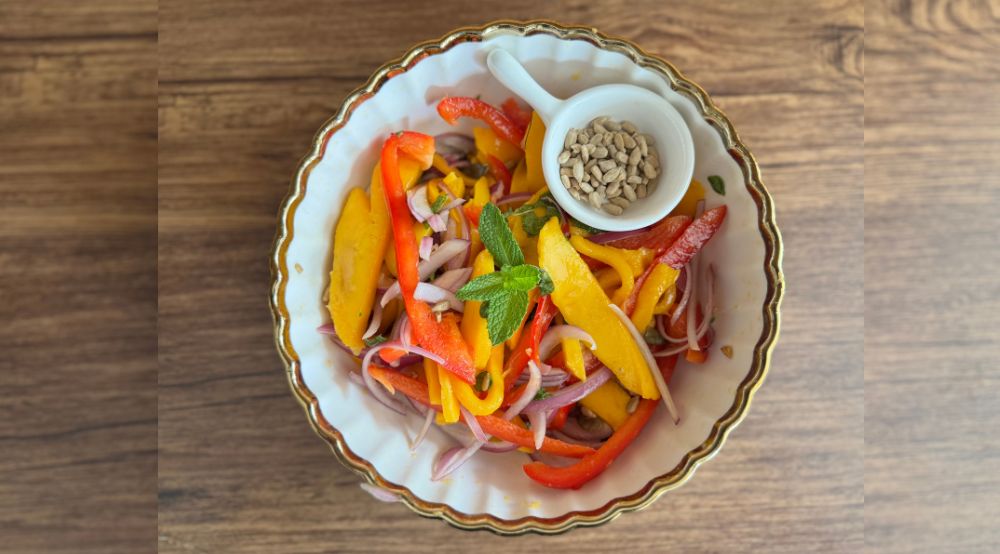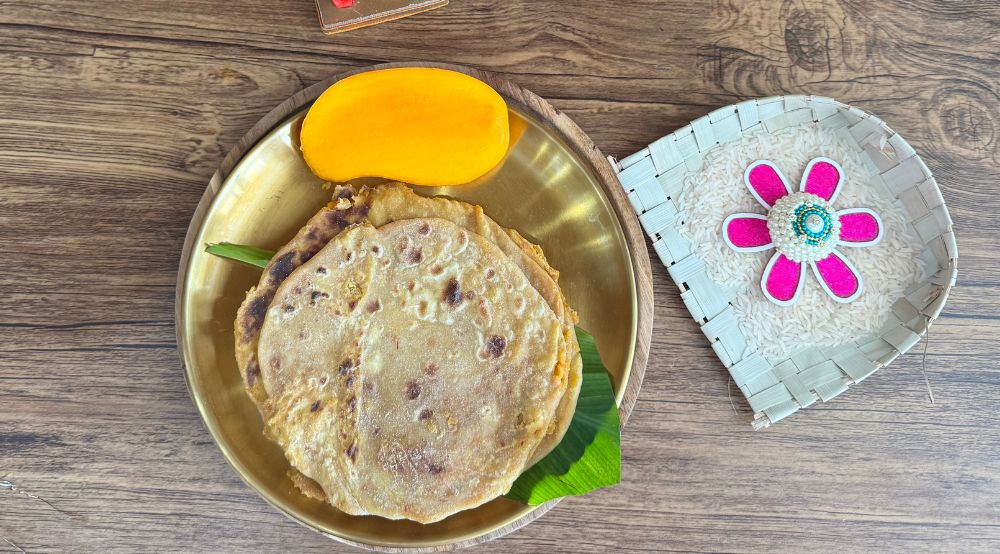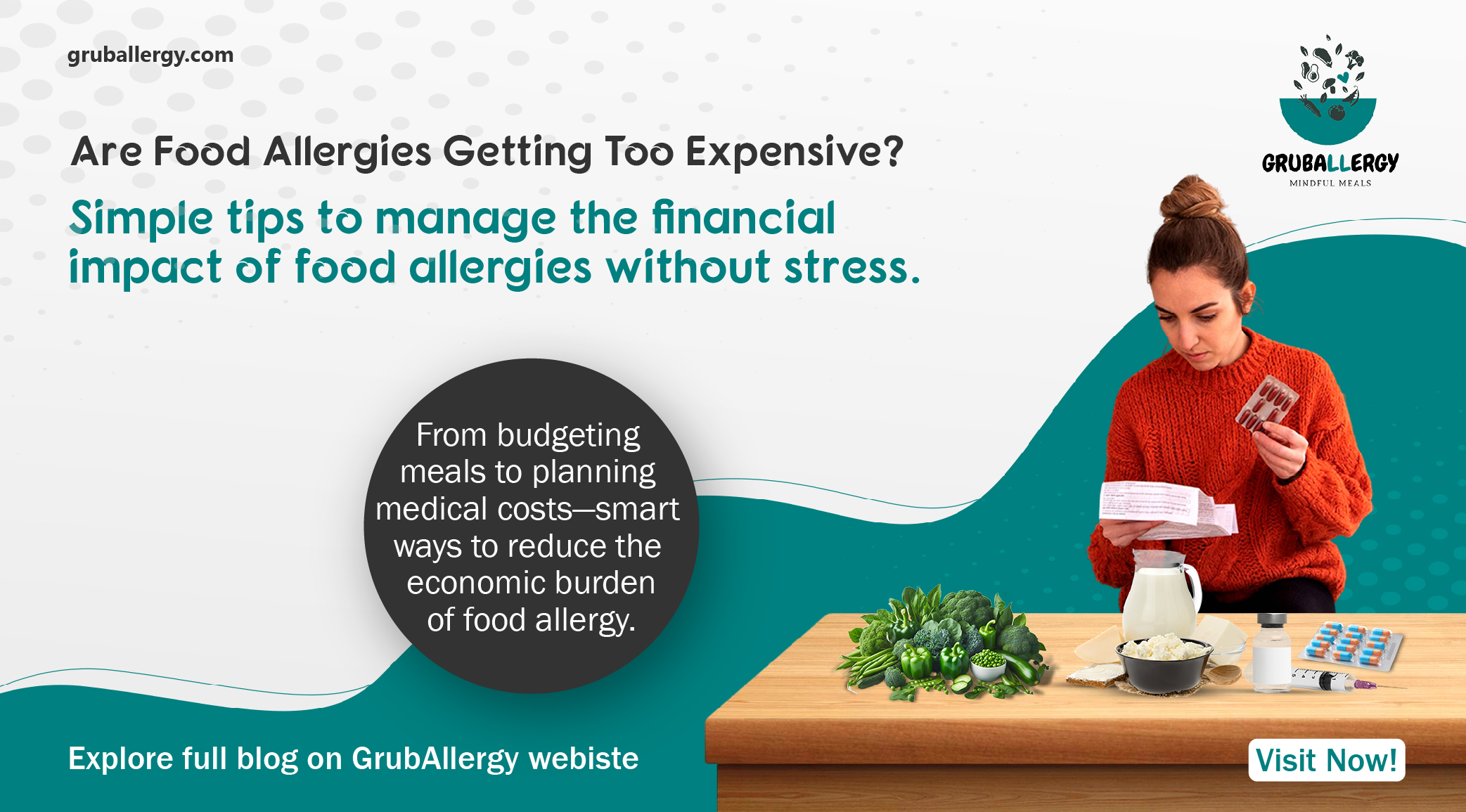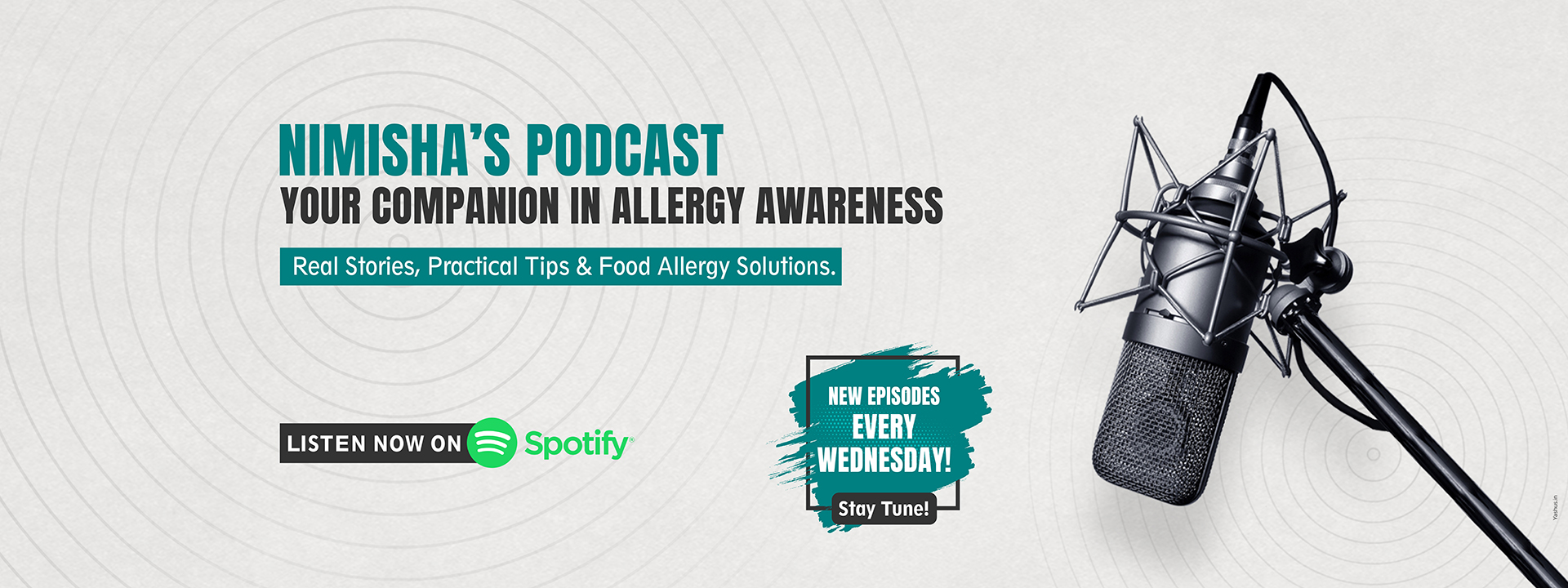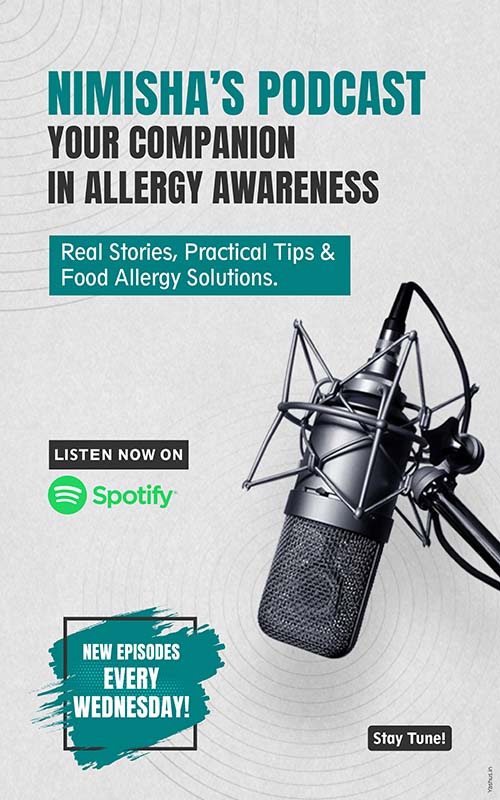
Allergic reactions can be terrifying experiences for both children and their parents. From the uncertainty of the first symptoms to the rush of administering life-saving medication, food allergies present ongoing challenges. However, what often lingers long after the physical symptoms subside is post-allergy anxiety — a condition that affects both parents and children as they navigate the world, knowing that allergens could trigger severe reactions. This persistent worry, whether in children or their parents, can be overwhelming, but coping with post-allergy anxiety is essential for maintaining a sense of normalcy, security, and well-being.
In this blog, we’ll explore the roots of food allergies and anxiety in both parents and children and suggest effective coping mechanisms to help manage the pervasive fear that follows allergic reactions.
The Roots of Post-Allergy Anxiety
The initial experience of an allergic reaction often triggers intense anxiety, whether it’s the first reaction or one of many. For parents, the fear of not being able to control every environment or meal is always present. For children, especially those who have experienced a severe reaction, the emotional toll can lead to fear and avoidance of foods and social situations.
Parents may worry about their child’s safety at every meal or in unfamiliar settings. Children may develop anxiety around new foods or environments. This emotional toll is worsened by the unpredictability of allergic reactions. Even with precautions in place, it’s impossible to anticipate every trigger, leaving families in a constant state of vigilance.
The trauma from a near-death experience like anaphylaxis can also have long-lasting emotional impacts. For children, this trauma can contribute to post-allergy anxiety. Children may become overly cautious, refusing to engage in activities they once enjoyed. Parents may feel they need to constantly monitor their child, leading to feelings of hypervigilance and isolation.
The Impact of Post-Allergy Anxiety on Parents
For parents, managing post-allergy anxiety can lead to hypervigilance. Every meal, social gathering, and outing may be meticulously planned to avoid exposure to allergens. This constant state of alertness can cause emotional exhaustion and even lead to feelings of isolation, as other parents may not fully understand the seriousness of the situation.
Post-allergy anxiety in parents can also strain family dynamics. Children with severe allergies often seek reassurance from their parents, which can lead to emotional fatigue and stress. Over time, this hyper-protectiveness can affect the child’s social and emotional development, potentially creating an environment of fear and avoidance. It’s essential for parents to find coping mechanisms that allow for a balanced, healthy approach to allergy management without letting anxiety dominate family life.
The Impact of Post-Allergy Anxiety on Children
Children with severe allergies are more likely to develop anxiety after experiencing a life-threatening reaction. According to the American College of Allergy, Asthma, and Immunology, children with food allergies are at increased risk of developing anxiety disorders. This is especially true if their allergic reactions are frequent or severe.
Children may begin to avoid foods, environments, or social situations that they perceive as risky. Post-allergy anxiety can manifest in behaviors like refusing to eat food they haven’t prepared themselves or withdrawing from activities like school events or sleepovers.
These avoidance behaviors can impede a child’s social and emotional development. Over time, children may find it difficult to engage in normal activities with their peers, leading to increased isolation and anxiety. Finding the right coping mechanisms for children is crucial to building emotional resilience.
Coping Mechanisms for Parents
1. Education and Awareness
Understanding your child’s allergy is the first step in managing post-allergy anxiety. This includes being well-versed in the symptoms of an allergic reaction, knowing the best treatment options, and knowing how to avoid allergens. With knowledge comes empowerment, and parents can feel more confident in managing their child’s allergies.
2. Building a Support Network
Feeling alone can increase anxiety. Connect with other parents going through similar experiences or join support groups for families managing food allergies. Having healthcare professionals who are familiar with your child's allergies can also offer a source of support and reassurance.
3. Mindfulness and Stress Reduction
Incorporating stress-reducing activities like yoga, meditation, or deep-breathing exercises into your daily routine can help parents manage their anxiety. While it’s impossible to eliminate all risks, reducing overall stress can help parents make clearer, calmer decisions in difficult situations.
4. Develop a Clear Action Plan
Having an action plan in place for allergic reactions can ease anxiety by providing a structured response. Include steps for recognizing symptoms, administering medication, and seeking emergency care. A clear, well-communicated plan reduces the uncertainty that often feeds anxiety.
Coping Mechanisms for Children
1. Open Communication
Children should feel empowered to talk openly about their food allergies. Parents should encourage open discussions where children can share their fears without feeling judged. This transparency helps children understand their allergies better and provides a sense of control over their situation.
2. Gradual Exposure (Under Supervision)
Some children benefit from gradual exposure to allergens under medical supervision. Known as allergen immunotherapy, this method involves controlled exposure to small amounts of the allergen to reduce anxiety over time. Though not suitable for everyone, it can be an effective tool for decreasing fear.
3. Cognitive Behavioral Therapy (CBT)
Cognitive Behavioral Therapy (CBT) is a proven method for managing anxiety by changing negative thought patterns. It can help children address their fears around food and allergens, providing them with healthier ways to cope. In cases where a child’s anxiety stems from a traumatic reaction, CBT can also help them work through the trauma.
4. Encouraging Safe Independence
It’s important for parents to encourage children to take an active role in managing their allergies. Teaching them how to read labels, carry their medication, and communicate their allergies in social settings can help build their confidence and reduce their anxiety.
Conclusion
Dealing with post-allergy anxiety is an ongoing challenge for families affected by food allergies. However, by implementing the right coping mechanisms, both parents and children can learn to manage their fears effectively. Education, open communication, and gradual exposure to allergens are just a few tools families can use to build emotional resilience.
With time, knowledge, and support, families can reduce the burden of post-allergy anxiety and foster a sense of safety, confidence, and well-being. It’s possible to lead a full, happy life while managing food allergies, as long as the right strategies are in place.
Know More About Managing Food Allergies in Infants to Kindergarteners
FAQ
-
Post-allergy anxiety refers to the ongoing fear and worry experienced by children and parents after a food allergy reaction, particularly severe ones.

-
Encourage open communication, teach them how to manage their allergies, and consider seeking professional help like Cognitive Behavioral Therapy (CBT).

-
Educating themselves, developing a clear action plan, joining support groups, and practicing stress-reduction techniques can help parents cope.

-
Yes, CBT is a proven method to help children and adults manage anxiety by changing negative thought patterns related to food allergies.

-
While it may not always be prevented, educating children about their allergies, fostering open communication, and having an emergency plan can reduce anxiety.



